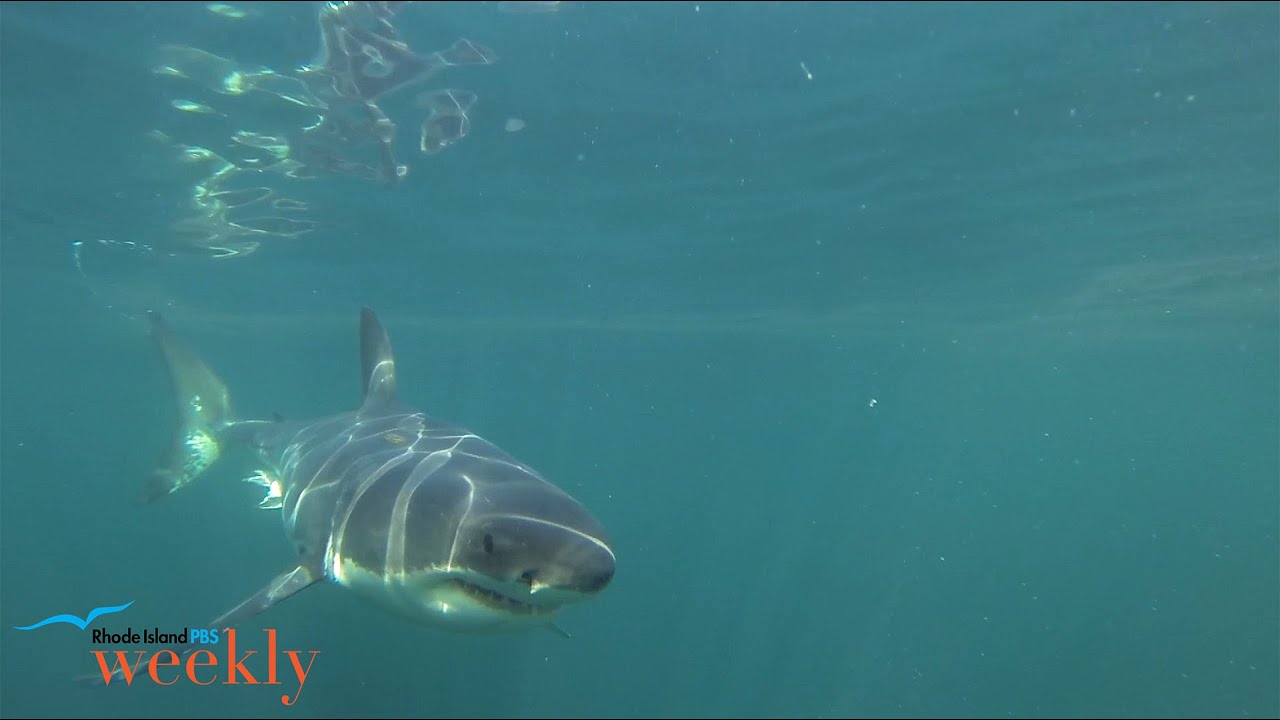Introduction: The Intriguing Question of Sharks Reaching Rhode Island
Sharks have always been a source of fascination and fear for humans. With their powerful presence and dominance in the world’s oceans, many wonder if it is possible for these apex predators to reach the shores of Rhode Island. This article seeks to explore this intriguing question and delve into the factors that may influence the potential arrival of sharks in Rhode Island’s waters.
Rhode Island’s Geographic Location and Its Potential Impact on Sharks
Rhode Island, a small state in the northeastern United States, is situated along the Atlantic coastline. Its unique geographic location places it in close proximity to the continental shelf, making it a potential stopover or even a suitable habitat for several marine species, including sharks. The state’s extensive coastlines and diverse marine ecosystems could provide ample opportunities for sharks to explore and potentially settle in Rhode Island’s waters.
Understanding the Habitat and Behavior of Sharks
To assess the possibility of sharks reaching Rhode Island, it is essential to understand their habitat requirements and behavior. Sharks are highly adaptable creatures that inhabit a wide range of environments, from shallow coastal regions to deep oceanic waters. While some species prefer warm tropical waters, others can tolerate colder temperatures. Additionally, sharks are known for their long-distance migrations, driven by factors such as food availability, reproduction, and water temperature.
Historical Records: Have Sharks Ever Been Spotted in Rhode Island?
Historical records indicate that sharks have indeed been spotted in Rhode Island’s waters. Over the years, there have been numerous sightings and encounters with various shark species, including the great white shark, blue shark, and basking shark. These sightings often occur during the summer months when warmer waters attract sharks closer to the coastline, increasing the chances of human-shark interactions.
Climate Change and Its Influence on Marine Species Distribution
Climate change has emerged as a significant factor influencing the distribution of marine species, including sharks. Rising ocean temperatures and changing ocean currents can potentially create new migration routes and alter the abundance of prey in different regions. Rhode Island, with its rapidly changing climate, may witness shifts in the distribution of marine species, possibly leading to an increased presence of sharks in its waters.
Patterns of Shark Migration: Can Rhode Island Be Part of It?
Sharks are known to undertake long-distance migrations, traveling across vast expanses of ocean in search of food or suitable breeding grounds. While specific migration patterns vary among species, there is evidence to suggest that some sharks migrate along the Atlantic coastline. As a result, it is plausible to consider Rhode Island as part of certain shark migration routes, especially during periods of increased prey availability.
Factors Affecting Sharks’ Ability to Reach Rhode Island’s Waters
Several factors can impact sharks’ ability to reach Rhode Island’s waters. Firstly, the availability of prey plays a crucial role, as sharks are highly dependent on a steady food source. Secondly, water temperature plays a significant role in determining which shark species can survive and thrive in a particular region. Lastly, human activities such as fishing and pollution can alter the marine ecosystem, potentially affecting the presence of sharks in Rhode Island.
Studying the Possibility: Research and Scientific Findings
Researchers and scientists have been actively studying the possibility of sharks reaching Rhode Island. Through tagging programs, satellite tracking, and biological sampling, they collect data on shark movements, behaviors, and preferences. These studies provide valuable insights into the potential factors that may influence the presence of sharks in Rhode Island’s waters and help guide conservation efforts.
Assessing the Risk: Potential Dangers of Sharks in Rhode Island
While the presence of sharks in Rhode Island’s waters may evoke concerns about safety, it is essential to put the risks in perspective. Shark attacks are extremely rare, and the vast majority of encounters result in no harm to humans. Nevertheless, it is crucial for authorities and beachgoers to remain vigilant, educate themselves about shark behavior, and follow safety guidelines to minimize any potential risks associated with shark-human interactions.
The Importance of Shark Conservation and Management
Regardless of the possibility of sharks reaching Rhode Island, it is essential to emphasize the significance of shark conservation and management. Sharks play a vital role in maintaining the balance of marine ecosystems, regulating populations of prey species and ensuring overall ecosystem health. By implementing effective conservation measures, we can help protect sharks and their habitats, ensuring their long-term survival and the preservation of marine biodiversity.
Enhancing Public Safety: Shark Monitoring and Awareness Programs
To enhance public safety and awareness, it is crucial to establish comprehensive shark monitoring and awareness programs in Rhode Island. These initiatives can involve regular monitoring of shark populations, early warning systems to alert beachgoers of their presence, and educational campaigns to raise awareness about shark behavior, safety precautions, and the importance of conservation. By promoting coexistence and understanding, we can foster a safer and more informed coastal community.
Conclusion: The Prospects of Sharks Reaching Rhode Island
In conclusion, while the possibility of sharks reaching Rhode Island’s waters cannot be dismissed, it is essential to consider various factors such as habitat, migratory patterns, climate change, and human activities. Historical records indicate sporadic sightings of sharks in Rhode Island, but their permanent establishment remains uncertain. By conducting further research, promoting conservation efforts, and fostering public awareness, we can navigate the delicate balance between human safety and the preservation of these magnificent creatures.





